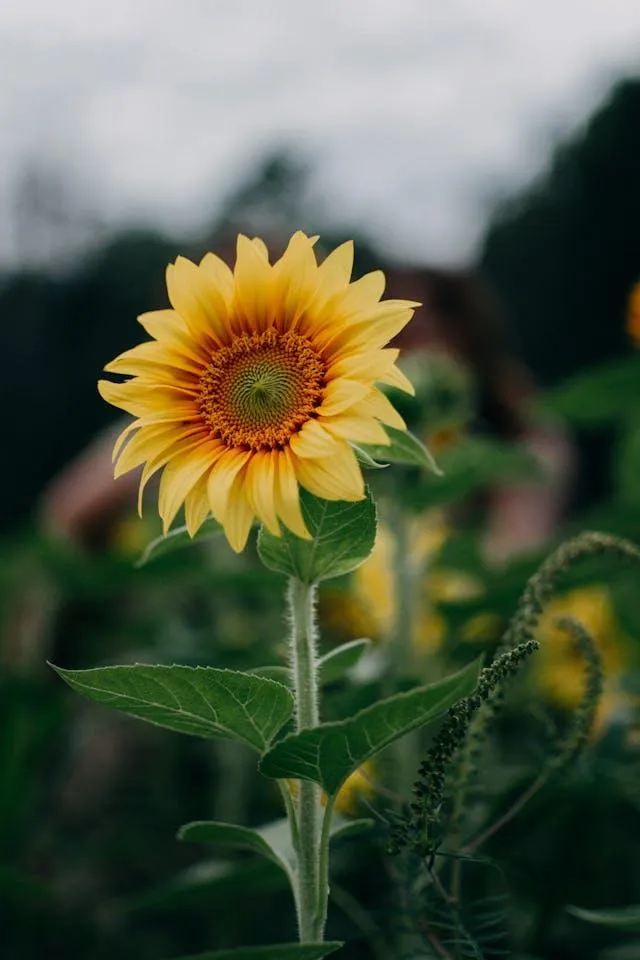
Fascinating Facts of Nature
Discover the hidden depths of sunflowers! Beyond their beauty, they symbolize loyalty, tracking the sun's path across the sky. Just like these majestic blooms, we're reminded to stand tall, face the sun, and let our inner beauty shine.
Did you know? Pearls emerge from healed wounds. When a grain of sand enters an oyster, nacre cells diligently layer to protect it, resulting in the creation of exquisite pearls. It's a poignant reminder that adversity can birth beauty, God never allows pain without a purpose.
Did you know that the average human body is 60% water? It's more than just a statistic; water is the essence of life, ensuring every cell maintains its molecular shape.
Have you ever wondered about the marvels of eggs? Learn more about their natural shield, the "bloom" layer, and how it keeps them fresh for weeks.
Did you know coconuts are classified as a seed, fruit, and nut? Nature is very versatile!
Feeding Future Generations
God provided agricultural land to be used to grow food for people and animals. Wheat, corn, livestock, fruits, and vegetables are all grown on the land. Land is a precious resource that we cannot afford to take for granted.
We must teach our children and grandchildren a way of life that values and improves nature and all creation. Future generations of plants, animals, and people need and depend on soil health. Soil needs to be alive and working at its full potential to continue the process of life.

Nature Was Made for You
Take a moment to appreciate the beauty of God's nature around you!
From a snowflake's delicate designs to the mountains' vastness, every part of nature is alive, growing, and changing. Let's never stop learning and exploring the wonders of God's changing world.


Nature is Everywhere You Look
Power Up Your
Content Strategy
Unlock your brand's potential with our expert content marketing solutions.
GoExperienceNature
26401 Fairfield Road, Alma, KS 66401
Copyright 2025 All Rights Reserved

Facebook
Instagram
WhatsApp